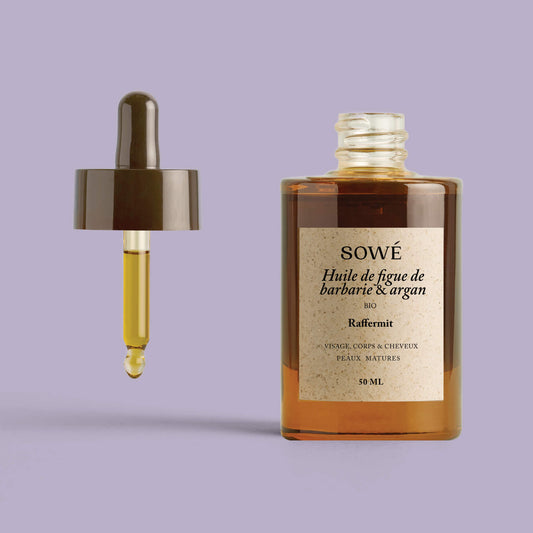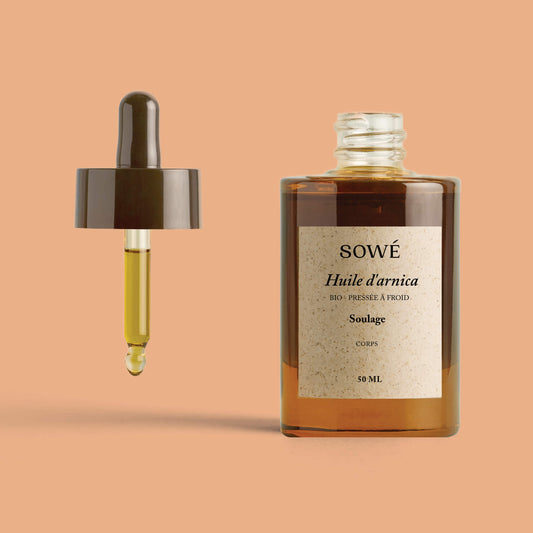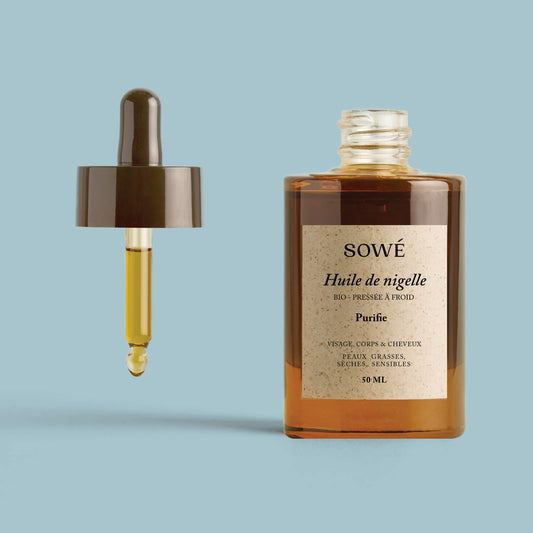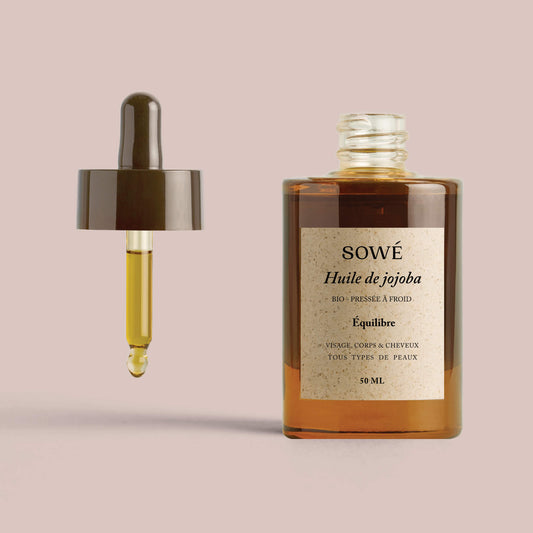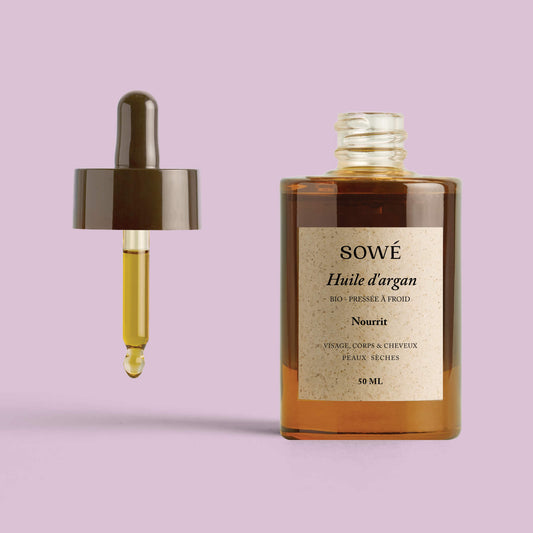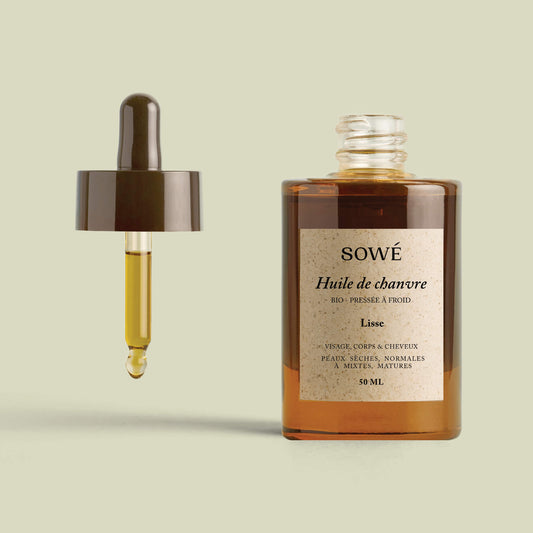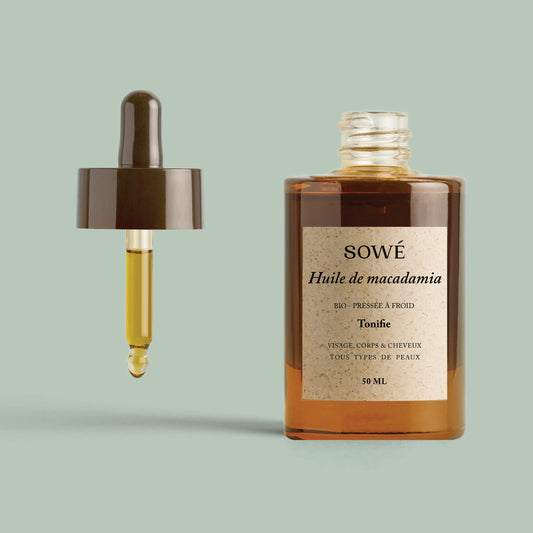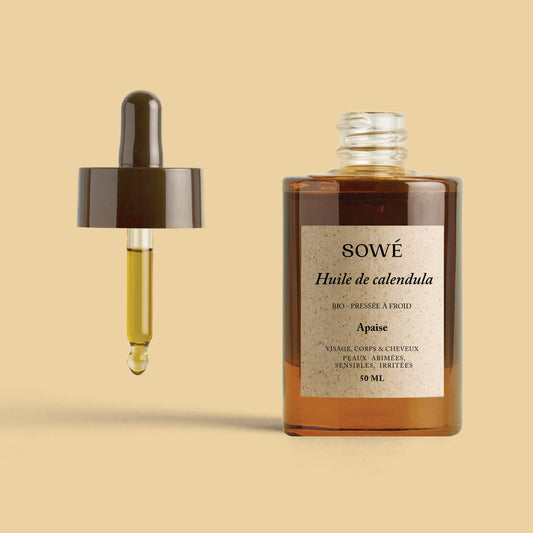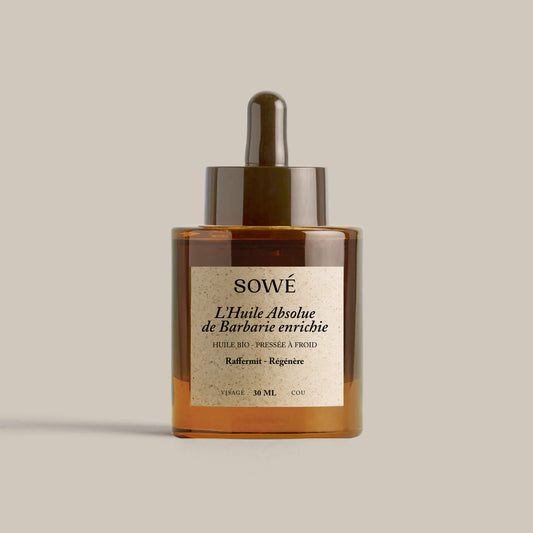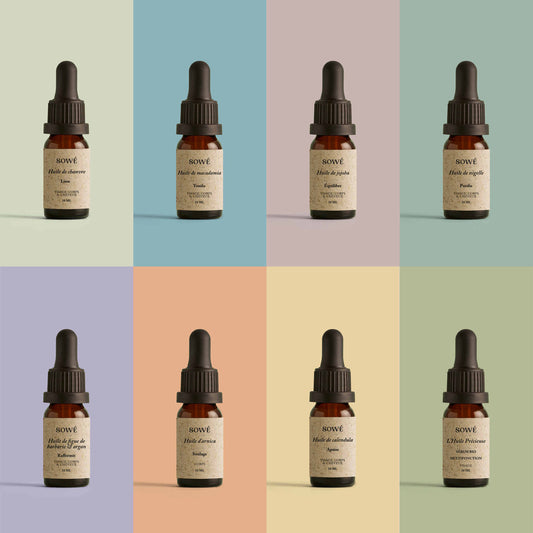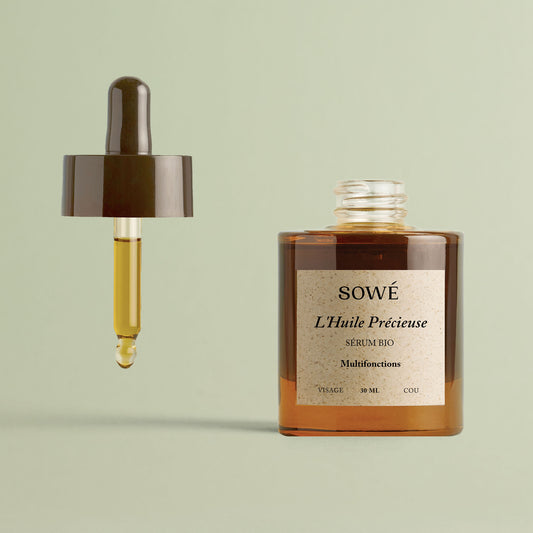
Organic vegetable oils
Organic and virgin plant-based cosmetic oil for face, body and hair care
Our selection of 6 cold-pressed virgin oils adapts to the needs of various skin types.
- Prickly pear and argan oil, the natural anti-aging treatment
- Jojoba oil for all skin types
- Hemp oil for dry, normal to combination, and mature skin
- Black seed oil for oily, dry, or sensitive skin
- Calendula oil for dry, irritated, sensitive, or damaged skin
- Arnica oil for sensitive skin
- Argan oil for dry skin
- Macadamia oil for all skin types
Nutrition, hydration, and regeneration are the benefits of using virgin oil for the face and body.
-
Prickly pear & argan oil - Organic & cold-pressed
4.82 / 5.0
(148) 148 total reviews
Regular price €24,90Regular priceUnit price / per -
Arnica oil - Organic & cold-pressed
5.0 / 5.0
(3) 3 total reviews
Regular price €19,90Regular priceUnit price / per -
Black seed oil - Organic & cold-pressed
5.0 / 5.0
(6) 6 total reviews
Regular price €17,90Regular priceUnit price / per -
Jojoba oil - Organic & cold-pressed
4.89 / 5.0
(9) 9 total reviews
Regular price €19,90Regular priceUnit price / per -
Argan oil - Organic & cold-pressed
5.0 / 5.0
(5) 5 total reviews
Regular price €22,90Regular priceUnit price / per -
Hemp oil - Organic & cold-pressed
4.86 / 5.0
(42) 42 total reviews
Regular price €17,90Regular priceUnit price / per -
Macadamia oil - Organic & cold-pressed
5.0 / 5.0
(2) 2 total reviews
Regular price €18,90Regular priceUnit price / per -
Calendula oil - Organic & cold-pressed
4.89 / 5.0
(9) 9 total reviews
Regular price €20,90Regular priceUnit price / per -
Organic prickly pear oil - Face care
5.0 / 5.0
(7) 7 total reviews
Regular price €64,90Regular priceUnit price / per€0,00Sale price €64,90 -
Discovery gift kit - Selection of fine plant oils
5.0 / 5.0
(1) 1 total reviews
Regular price €49,90Regular priceUnit price / per -
L'Huile Capillaire - Nourishing & stimulating hair care
5.0 / 5.0
(3) 3 total reviews
Regular price €34,90Regular priceUnit price / per -
L'Huile Précieuse - Organic anti-ageing & anti-oxidant serum
4.95 / 5.0
(55) 55 total reviews
Regular price €38,50Regular priceUnit price / per -

 Special offer
Special offerNatural skin care kit for the whole family
Regular price €64,90Regular priceUnit price / per€83,60Sale price €64,90Special offer -

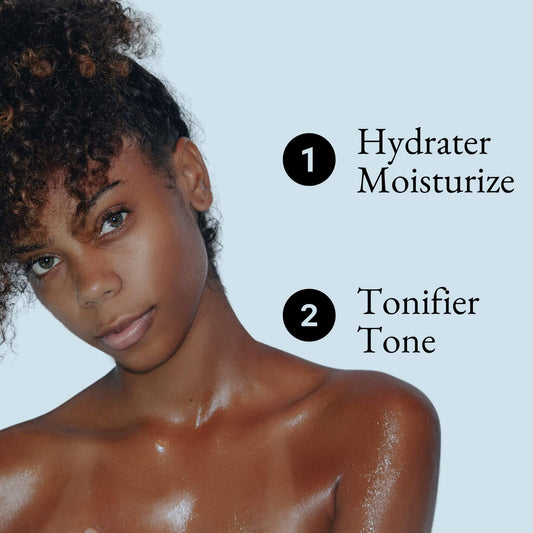 Special offer
Special offerKit dry & dehydrated skin
5.0 / 5.0
(2) 2 total reviews
Regular price €36,90Regular priceUnit price / per€43,80Sale price €36,90Special offer -

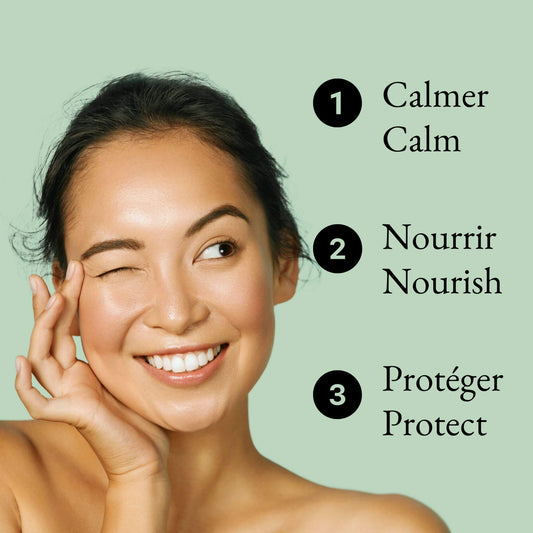 Special offer
Special offerSensitive & reactive skin kit
5.0 / 5.0
(1) 1 total reviews
Regular price €44,90Regular priceUnit price / per€58,70Sale price €44,90Special offer -

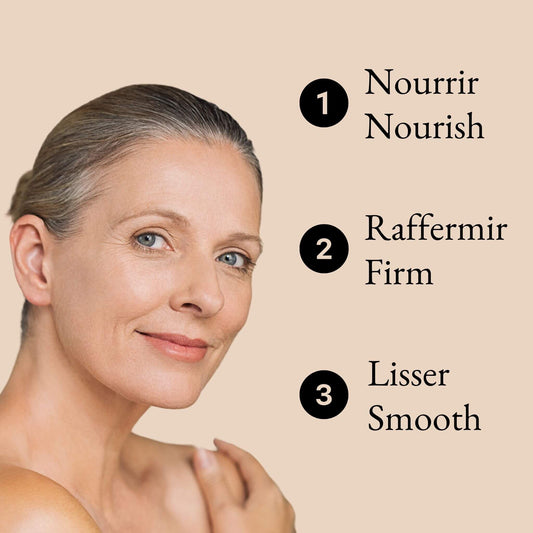 Special offer
Special offerKit mature skin & anti-aging
Regular price €49,90Regular priceUnit price / per€61,70Sale price €49,90Special offer -

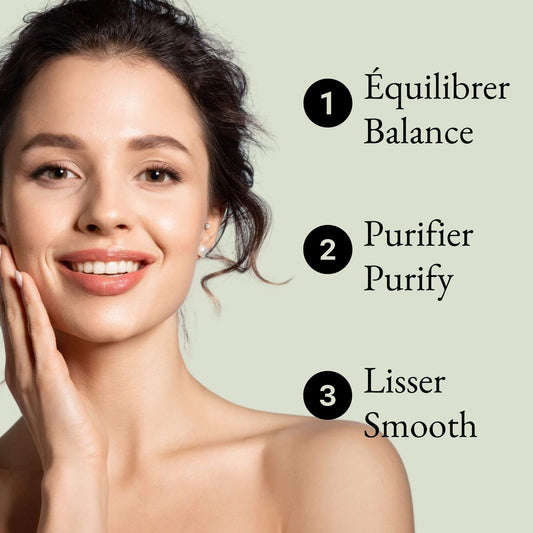 Special offer
Special offerKit oily or acne-prone skin
5.0 / 5.0
(1) 1 total reviews
Regular price €44,90Regular priceUnit price / per€55,70Sale price €44,90Special offer -
Eye Contour - Absolute Oil of Prickly Pear Seed
Regular price From €24,90Regular priceUnit price / per€0,00Sale price From €24,90
FAQ
Collapsible content
How do I apply my oil to the skin?
Place 3 to 5 drops in the palm of your hand, then gently massage into the face, body and/or hair, avoiding contact with the eyes. The precious oil can be used every day, morning or evening, as you wish.
Morning routine
Apply every morning after cleansing the face and body, preferably before applying cream, to allow the skin to absorb the treatment.
Night routine
Apply every evening after cleansing the face and body, just before going to bed, so that the active ingredients penetrate throughout the night as the skin regenerates.
Further information: How do I apply oil correctly to the skin?
How do I determine my skin type?
To determine your skin type, follow these steps.
Prepare your skin
Start by removing your make-up completely and washing your face with a gentle cleanser. By the way, did you know that jojoba oil is a great 100% natural make-up remover that takes care of your skin at the same time? Next, wait an hour without applying any products to your skin.
Examine your skin
After an hour, dab your T-zone (forehead and nose) with a tissue. If sebum has been transferred to the tissue, your skin is either oily or combination. Also, find out how you feel. If your skin feels tight after washing, it's probably dry. If it feels refreshed, it's probably oily.
Don't hesitate to use our online diagnosis to find out which product is best for you.
Skin types
Here are the four different skin types:
Normal skin
It produces just the right amount of sebum to stay hydrated, protected and comfortable without shine.
Dry skin
It is desperately short of sebum, tight, uncomfortable and flaky.
Oily skin
It tends to be shiny all over the face. It is generally thicker, with dilated pores and irregular skin texture.
Mixed skin
It is often rather oily on the T-zone (where the sebaceous glands are most numerous) while the cheeks are dry and tight.
It is important to note that the condition of the skin can vary according to external factors such as climate, diet, stress, etc. It is therefore advisable to re-evaluate your skin type regularly to adapt your skincare routine. It is therefore advisable to regularly re-evaluate your skin type to adapt your skincare routine.
Can oil be used on oily skin?
Yes, you can use an oil on oily skin, as long as you choose the right oil. Contrary to popular belief, some oils are capable of regulating sebum production and restoring the complex balance of your epidermis.
Here are some plant oils recommended for oily skin:
- Jojoba oil: Similar to the sebum produced by the body, this oil is highly prized by our skin and helps to rebalance sebum production.
- Black cumin oil: Antibacterial, black cumin oil effectively eliminates skin imperfections.
- Hemp oil: Deeply moisturises the skin without leaving a greasy finish.
It's important to note that even if oily skin doesn't need to be nourished, hydration is essential. Poor hydration could encourage the epidermis to produce even more sebum in order to hydrate itself, aggravating the vicious circle of oily skin. So it's essential to work directly on the skin with the right skincare products.
To learn more about oils and oily skin, check out our blog here.
What are the best plant oils for moisturising, nourishing, protecting, regenerating, soothing or purifying the skin?
Here are a few plant oils that are often recommended for their beneficial properties for the skin.
To moisturise and nourish the skin
- Hemp oil: Soothing, softening and nourishing, this oil is ideal for delicate, dry skin.
- Argan oil: Obtained from argan seeds, this oil is nourishing, protective and restructuring.
- Macadamia oil: Known for its moisturising and anti-ageing properties.
To protect and regenerate the skin
- Prickly pear oil: Known for its regenerating and anti-wrinkle properties.
- Argan oil: Ultra-nourishing, this oil helps to maintain skin hydration and combat the effects of time.
To soothe the skin
- Jojoba oil: Known for its protective properties, it also restores the skin's elasticity.
- Calendula oil: Renowned for its soothing and healing properties.
To purify the skin
- Black cumin oil: Non-comedogenic, it is recommended for acne-prone skin.
It is important to note that the effectiveness of these oils may vary according to skin type.
What are the differences between vegetable oils and essential oils?
Vegetable oils and essential oils both come from nature, but they are very different in terms of composition, origin, method of production and use.
Vegetable oils are fats that nourish and protect the skin, while essential oils are concentrates of volatile substances with therapeutic properties.
Vegetable oil
They are extracted from oleaginous plants such as baobab and sunflower, or from dried fruit, seeds or flowers. They contain vitamins and fatty acids, and have nutritive, protective, softening and regenerative properties that are beneficial for the skin. They can be used or eaten pure. They can also be used as a base for diluting essential oils.
Essential oil
They are obtained from the flowers, stems, roots or leaves of plants, often by distillation. Their therapeutic properties (toning, digestive, soothing, etc.) vary according to their origin. They generally need to be diluted, for example in a vegetable oil, and can also be inhaled. Care must be taken, however, as there are contraindications to the use of essential oils, as some of their chemical components can be dangerous.
To find out more: The difference between vegetable oils and essential oils
How should plant oils be used on the skin?
Here are a few tips on how to use plant oils on the skin.
Moisturising
You can apply your oil before or after your cream or serum.
As our oils are non-comedogenic, they allow the active ingredients in your cream to pass through. Applying them on top of your cream or serum will provide you with lipids. They will form a protective film on the skin's surface that will prevent the evaporation of water and keep it well hydrated.
Massage
For the body, massage in zone by zone (bust, arms, stomach, thighs) using circular movements. For the face, apply the oil or treatment in smoothing movements, starting from the centre and working outwards.
Pure application
You can also use a pure vegetable oil. All you need is a few drops, warmed in the palm of your hand and applied with a gentle massage, to reap all the benefits.
Other uses
Vegetable oils can also be used to remove make-up, as day and night creams, as eye care, as oil baths for the hair, or to revive dull complexions.
Which plant oils for which skin type?
Choose a plant oil according to your skin type for double effectiveness. There are a huge number of different oils, all of which have their own properties and are therefore adapted to specific skin types and problems.
Oily skin
The best oils for oily skin are jojoba oil, black cumin oil, hemp oil and L'Huile Précieuse.
Mixed skin
The ideal plant oils for combination skin should be gentle and non-greasy, regulating and balancing. The best plant oils for combination skin are jojoba oil, black cumin oil, hemp oil, argan oil, macadamia oil and L'Huile Précieuse.
Dry skin
Plant oils for dry skin should have nourishing, protective, softening, anti-inflammatory and emollient properties. The vegetable oils most commonly used are argan oil, jojoba oil, macadamia oil, prickly pear oil and L'Huile Précieuse.
What properties do plant oils have for the skin?
Skin oils are natural products that can have many benefits, depending on their composition and how they are used.
Vegetable oils are extracted from plants, fruit, seeds or nuts. They are rich in fatty acids, vitamins and antioxidants. They can nourish, moisturise, protect, regulate, heal and soften the skin. They are suitable for all skin types, but you need to choose the one that best suits your needs and sensitivities. Jojoba oil is ideal for all skin types, including oily skin, because its light, penetrating texture protects the dermis. Argan oil is recommended for dry and mature skin, because it has nourishing, regenerating and anti-ageing properties, while hempseed oil is better suited to oily skin.
How do I store my oil?
Store at room temperature, out of sight and reach of children, in a dry place protected from UV rays and light.
Avoid severe thermal shock.
Press coverage
-

There are all kinds of serums on the market, from anti-aging formulas to those designed to nourish the skin [...] but none had surprised us even before the results appeared
-

A powerful anti-aging ally. A closer look at this oily elixir and its benefits for our facial skin
-

Double anti-aging effect
-

The cactus has become a valuable beauty ally
Quality oils

Natural origin and COSMOS certified
100% natural ingredients
- 100% active ingredients
- 100% COSMOS certified by Ecocert
- 100% natural according to ISO 16128
- 100% organic farming
To offer you a safe, high-quality oil, we have chosen to test and analyze our oils for their microbiological suitability. Our oils are made from organic plants, without pesticides and without chemical fertilizers.

Mix & Match!
Perfume your organic virgin vegetable oil
At SOWÉ, we offer you the opportunity to personalise your skincare oil with our blends of organic essential oils. Made up of over 6 essential oils with benefits for the skin, these “scented boosters” add a subtle touch of orange blossom, lavender or ylang ylang to your beauty routine.
Here's how it works:
- Choose your skin care product for the face and body based on organic virgin vegetable oil.
- Select your booster based on organic essential oil to scent your treatment
- Simply pour the desired amount of your fragrance into your treatment oil. You can pour the whole fragrance if you wish.
It's that easy!
Ingredients
-

Prickly pear oil - organic
Prickly pear- Skin conditioning
The Barbarie fig or Nopal, the queen of the desert. The prickly pear, also known by its name "cactus pear", is a fleshy berry produced by the prickly pear and the Indian pear, opuntia ficus-indica in Latin. Rich in benefits. -

Argan Oil - organic
Argan- Emollient
- Skin conditioning
Argan tree, a miracle of nature for skin, hair and nails. Argan is a vegetable oil extracted from the fruit of the argan tree. It is used in cosmetics for its nourishing, regenerating and antioxidant properties for skin and hair. -
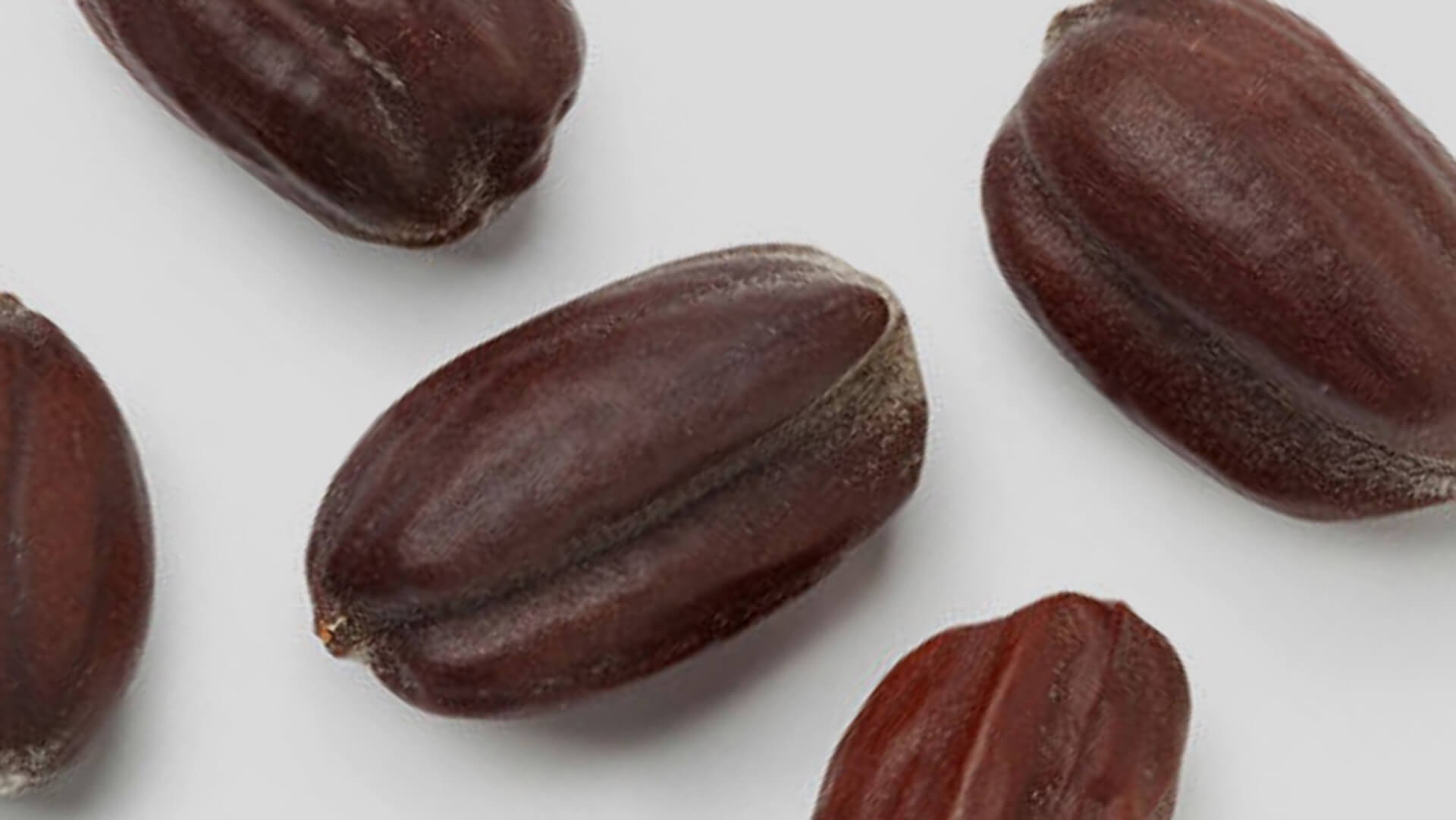
Jojoba seed oil - organic
Jojoba- Emollient
- Skin conditioning
- Hair conditioning
Jojoba, desert gold. Regulating and softening, jojoba oil is an ingredient appreciated for its penetrating touch which does not leave a greasy film. Very close to sebum, it protects the skin from dehydration. -
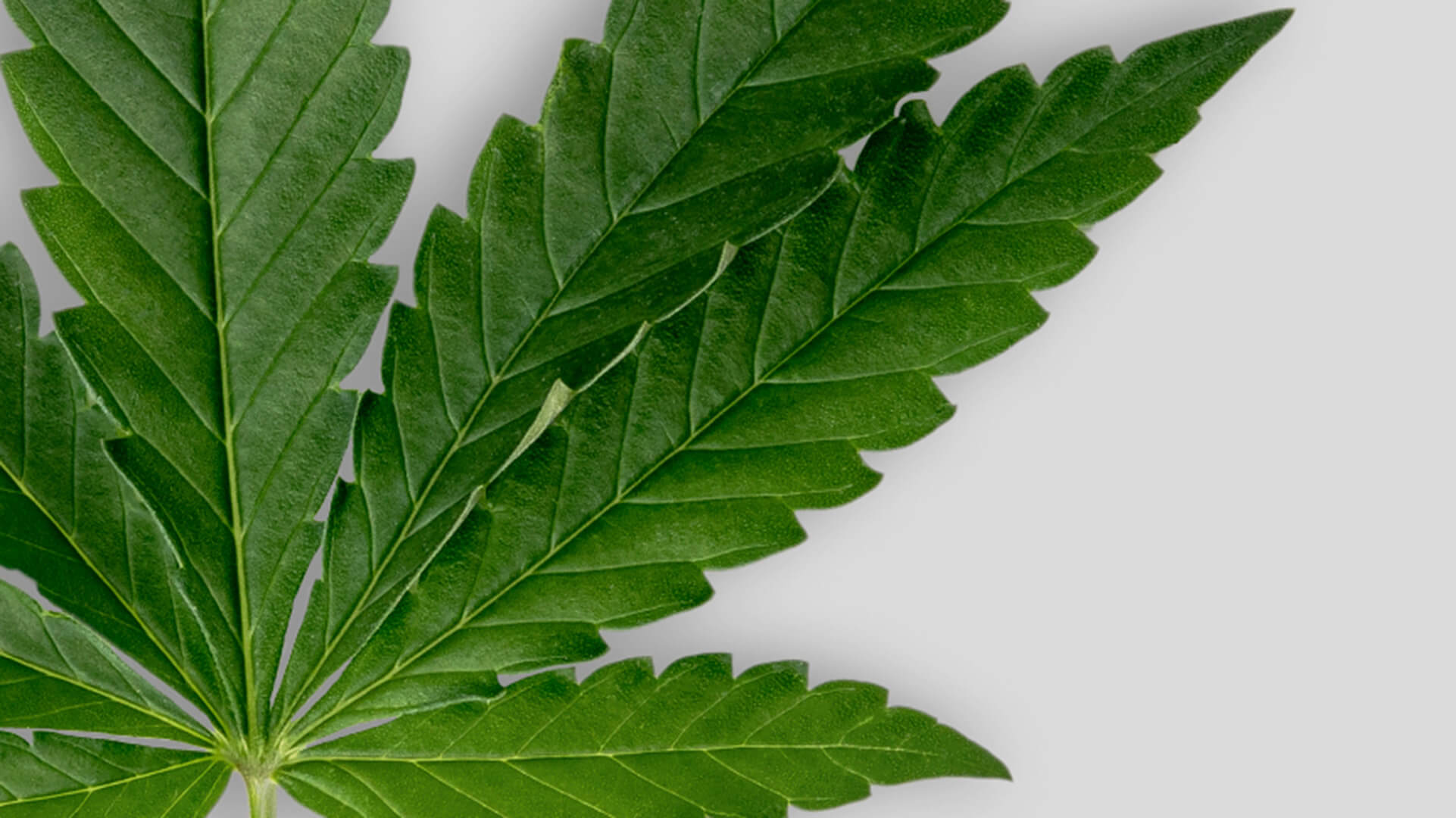
Hemp Seed Oil - organic
Hemp- Emollient
- Skin conditioning
Hemp, the eco-friendly plant by nature. Hemp seed oil has many properties: anti-inflammatory, sebum regulator and antioxidant. -
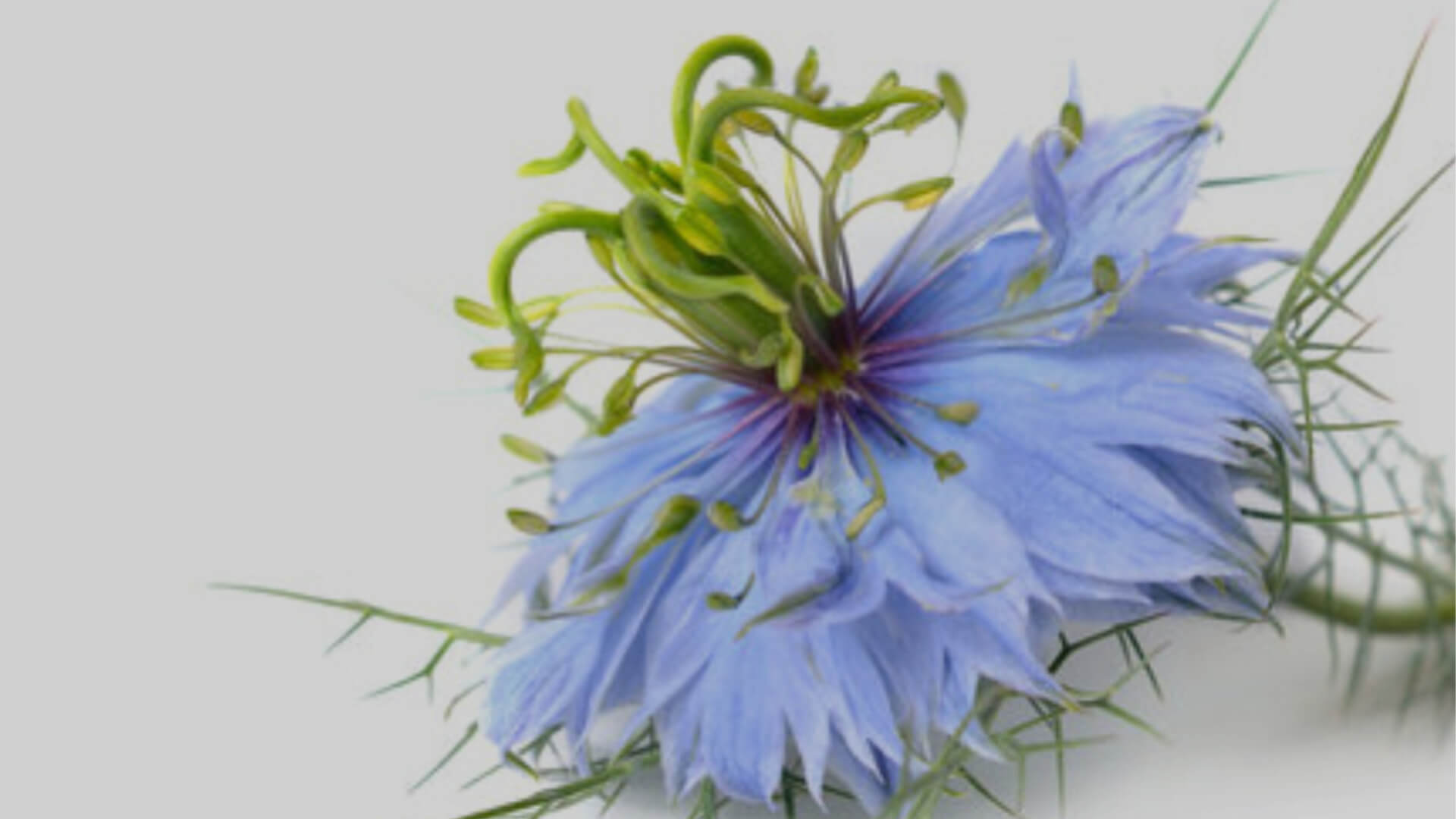
Black seed oil - organic
Nigella- Perfuming
- Emollient
- Skin conditioning
Nigella, or black cumin. Black seed oil is a vegetable oil extracted from black cumin seeds. It has anti-inflammatory, anti-infectious and cosmetic properties. It is used for internal and external use. -
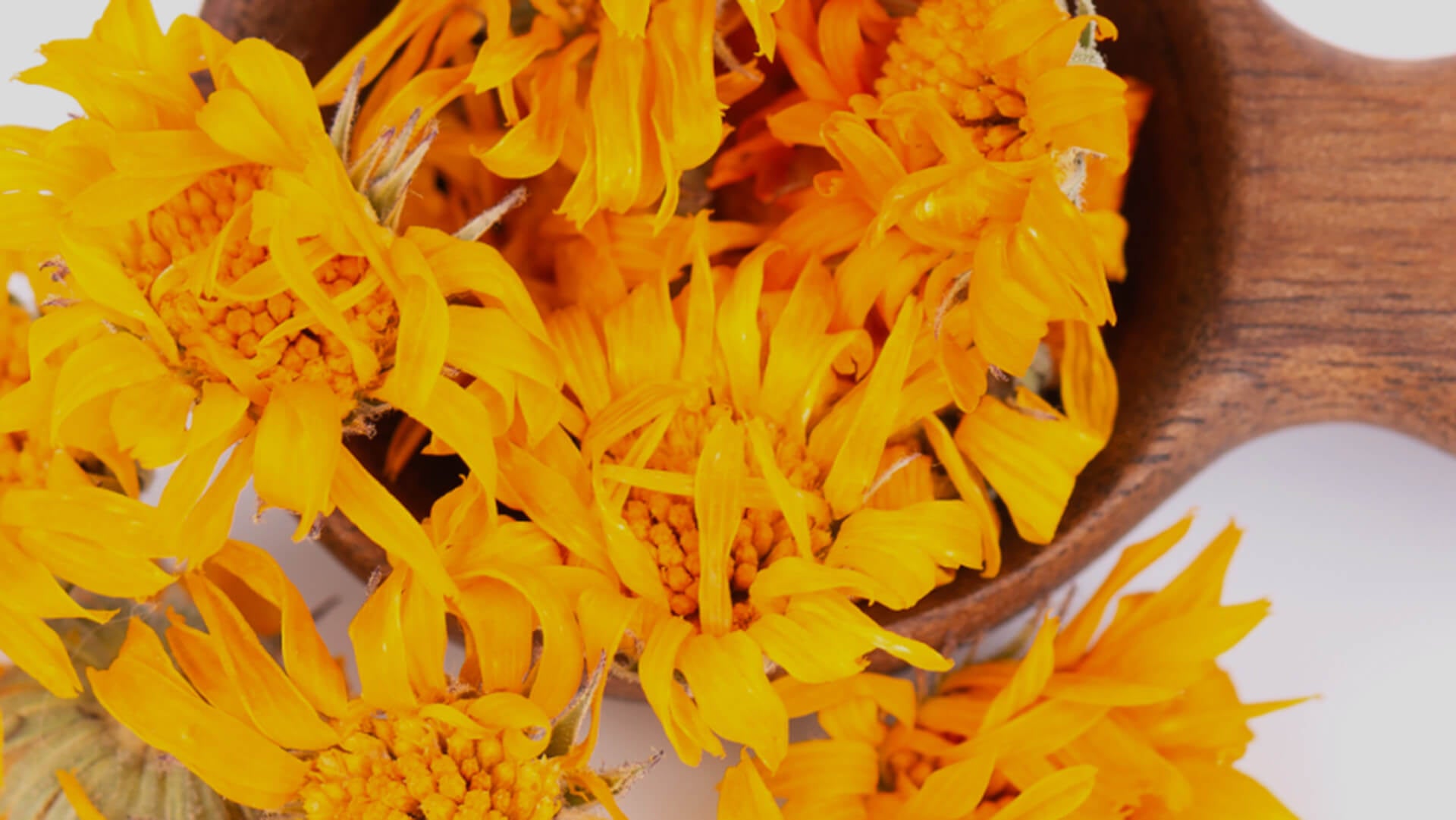
Calendula macerate - organic
Calendula- Skin conditioning
Calendula, a carefree flower. Calendula is a friend of baby and sensitive skin. Rich in fatty acids, faradiol esters known to be anti-inflammatory and in antioxidant carotenoids and flavonoids, it is the king of gardens -

Arnica macerate - organic
Arnica- Perfuming
- Masking
- Skin conditioning
Arnica, treasure of the mountains. Arnica has anti-inflammatory, analgesic, healing and circulatory properties. It is used externally to treat wounds, bruises, muscle pain. -

Macadamia nut oil - organic
Macadamia- Skin conditioning
Macadamia nuts, the fattest nut. Macadamia nut oil is a vegetable oil rich in palmitoleic acid, which is a cell-protecting monounsaturated fatty acid. Excellent for fragile or damaged skin and hair
Description
Collection: Organic virgin oil - Cosmetic care with vegetable oils
Virgin oil (first cold pressed) and organic, for face, body and hair
Our cold-pressed cosmetic vegetable oils are produced in an eco-responsible way. They are COSMOS certified (organic and natural cosmetics) by Ecocert and full of active ingredients.
Organic jojoba, hemp, prickly pear, black cumin, calendula, arnica, argan and macadamia
The organic oils that we present to you here are oils selected for:
- Their beneficial effects on our skin and hair
- Their “comedogenic” index is 0 (they do not clog the pores of the skin)
- The fact that they are "dry", that is to say dry to the touch
- The absence of any chemical process that could reduce their quality
- Their “multifunction” aspects
Virgin vegetable oil, extracted by cold pressing
Virgin vegetable oil, that is to say resulting from a first cold pressing process, whether from argan, jojoba or hemp, is a plant extract rich in essential fatty acids, vitamins and natural antioxidants.
The benefits of cold-pressed virgin oil are in fact based on the purity of this oleaginous “fruit juice”. This is what makes the difference between virgin and refined oil, the extraction of which is carried out by solvents. It is therefore a question of "first pressure" giving a pure oil: a virgin oil.
Vegetable oils have no contraindications and can be used by pregnant women.
Ingredients of natural origin from organic farming
- 100% active ingredients
- 100% COSMOS certified (organic and natural cosmetics) by Ecocert
- 100% natural according to ISO 16128
- 100% organic farming
To take care of all skin types, our virgin and organic vegetable oils are unscented
Discover our vegetale oils with multiple benefits
Each oil in our selection is carefully chosen for its unique properties, tailored to different skin types and needs. Whether you're looking to nourish, soothe, or regenerate your skin, our natural virgin oils cater to the specific needs of each skin type. Explore the table below to find the perfect oil to enhance your skincare routine.
| Oil | Benefits | Skin Type |
|---|---|---|
| Prickly pear & argan | - Anti-ageing, regenerative, antioxidant - Hydrating and nourishing - Improves skin elasticity |
Dry, normal skin |
| Argan | - Hydrating and nourishing - Anti-ageing, regenerative - Rich in fatty acids and vitamin E |
All skin types, especially dry |
| Arnica | - Anti-inflammatory, soothing - Relieves muscle aches and bruises |
Irritated, sensitive skin |
| Calendula | - Soothing, anti-inflammatory - Restorative for sensitive or irritated skin |
Sensitive, dry skin |
| Hemp | - Hydrating, nourishing - Rich in omega-3 and 6, regenerative - Soothes irritated and dehydrated skin |
Dry, irritated skin |
| Jojoba | - Regulates sebum - Hydrating, balancing - Non-comedogenic, ideal for oily skin |
Oily, combination, normal skin |
| Macadamia | - Nourishing, protective - Rich in fatty acids - Quick absorption, ideal for dry skin |
Dry, normal skin |
| Nigella | - Purifying, antibacterial - Soothes inflammation - Ideal for problem skin |
Combination, oily, problem skin |
Some reading
-
Black seed oil: a precious seed that benefits t...
Nigella: a precious plant for skin care A true botanical treasure, nigella oil (also known as black cumin), cold-pressed to preserve its natural richness, is packed with omega-6 and thymoquinone,...
Black seed oil: a precious seed that benefits t...
Nigella: a precious plant for skin care A true botanical treasure, nigella oil (also known as black cumin), cold-pressed to preserve its natural richness, is packed with omega-6 and thymoquinone,...
-
What is green beauty?
Green beauty: between natural promises and marketing excesses Clean beauty is now the dominant trend in the cosmetics industry, in the United States, Europe, and Asia. Yet, no regulatory framework...
What is green beauty?
Green beauty: between natural promises and marketing excesses Clean beauty is now the dominant trend in the cosmetics industry, in the United States, Europe, and Asia. Yet, no regulatory framework...
-
Omega 3, 6, 9 and plant oils: The secret to hea...
Skin Barrier and Plant Oils: A Complete Guide to Healthy Skin Vegetable oils have many benefits for the skin. Composed of different fatty acids, they have multiple effects. Discover the...
Omega 3, 6, 9 and plant oils: The secret to hea...
Skin Barrier and Plant Oils: A Complete Guide to Healthy Skin Vegetable oils have many benefits for the skin. Composed of different fatty acids, they have multiple effects. Discover the...
-
5 oils to revitalise your hair
Discover the 5 best plant oils to revitalize your hair: argan, prickly pear, rosemary, jojoba and sesame. Give your hair nutrition, shine and strength with these natural care products for...
5 oils to revitalise your hair
Discover the 5 best plant oils to revitalize your hair: argan, prickly pear, rosemary, jojoba and sesame. Give your hair nutrition, shine and strength with these natural care products for...
- Choosing a selection results in a full page refresh.
- Opens in a new window.










